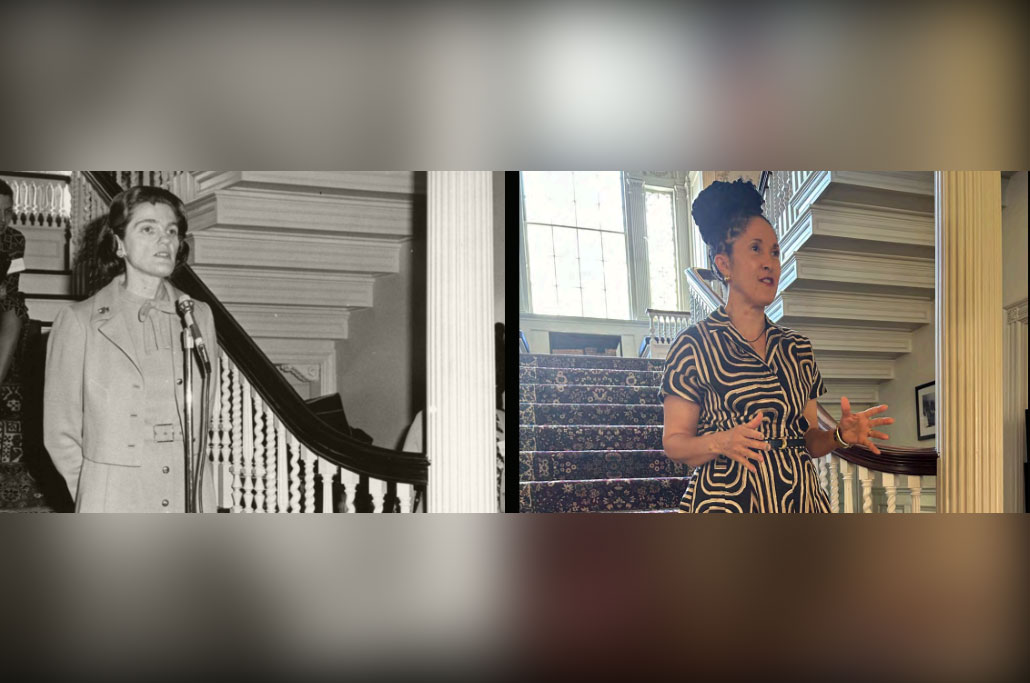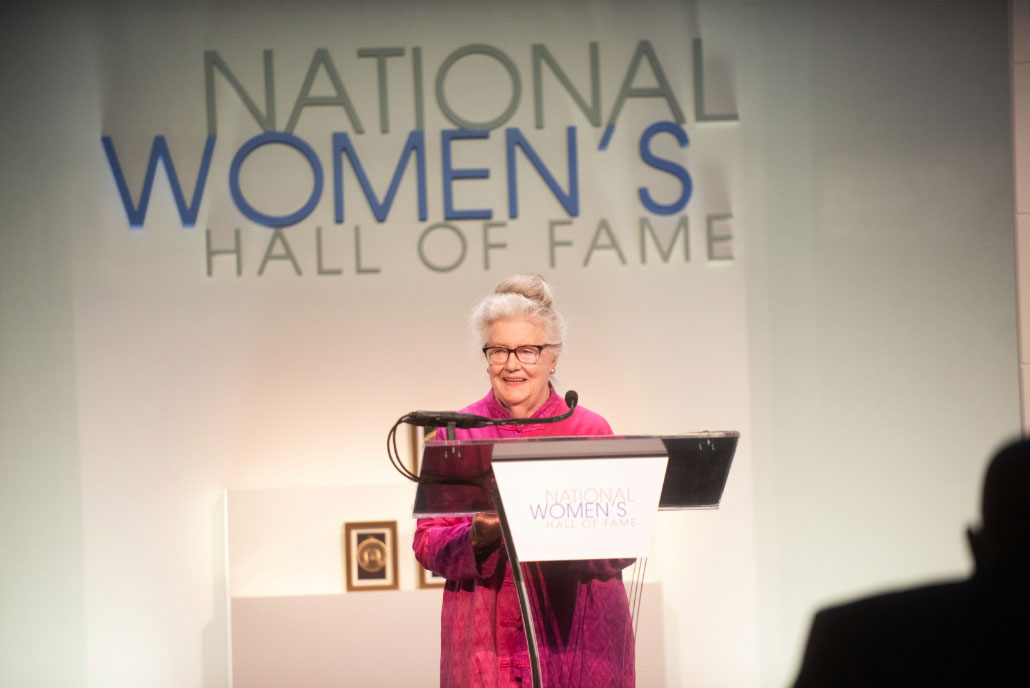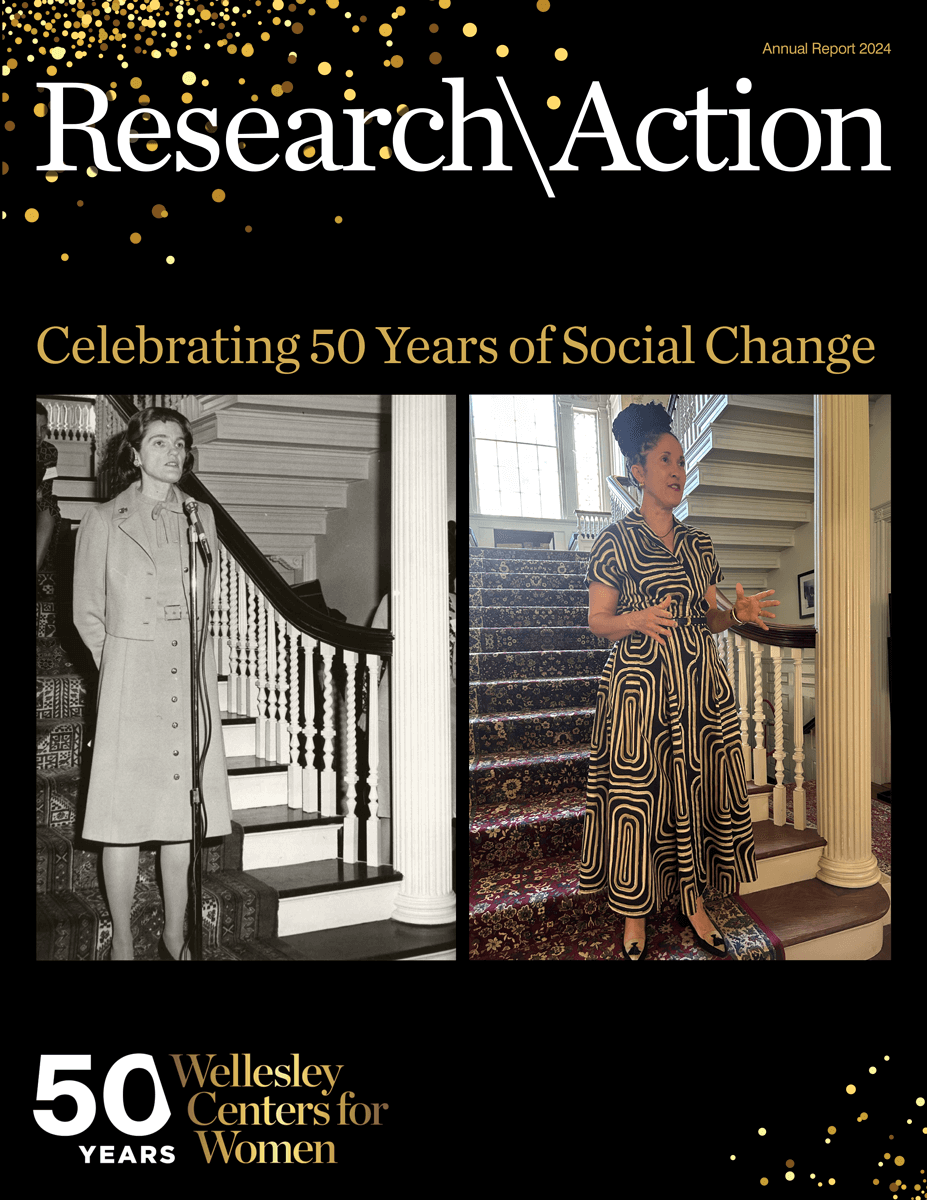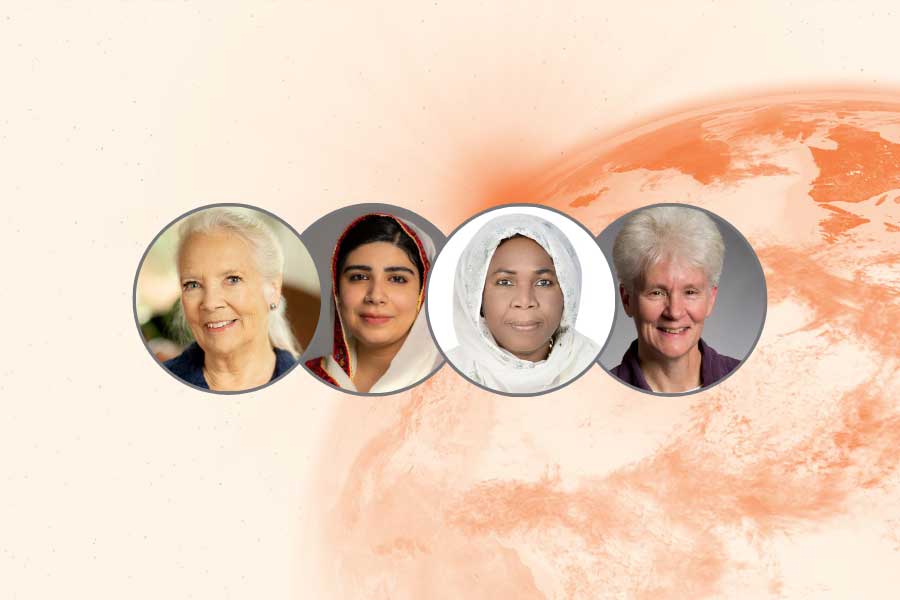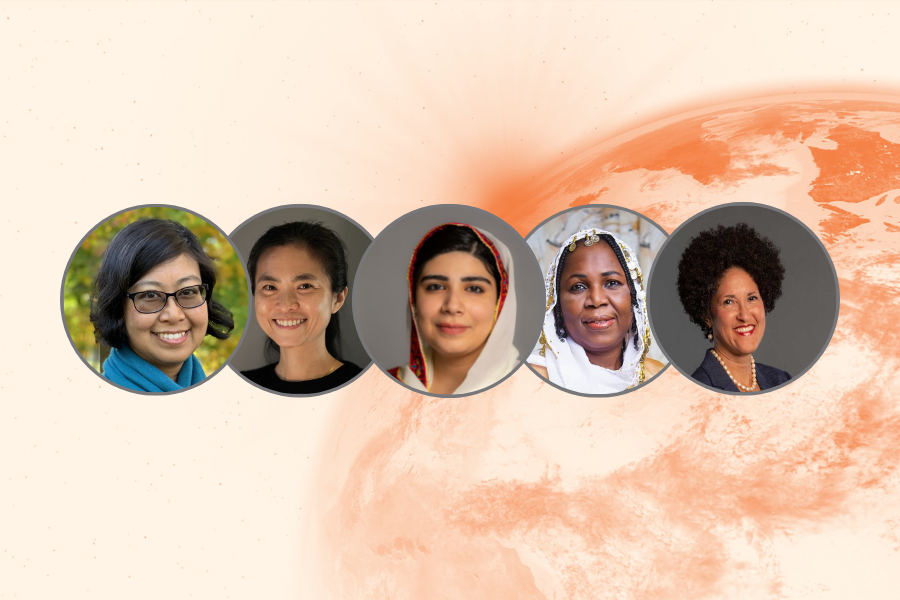By Marilyn Booth for WOMEN = BOOKS
When I first translated Nawal El Saadawi—the first full-length translation I ever did was her Memoirs from the Women’s Prison—there were very few Arab female authors translated into English.
Even in the mid 1980s, there were not many works of Arabic fiction by writers of either gender available in translation. Those of us who read, teach, translate, and write about Arabic fiction and Arab culture production in general still bemoan the relative lack of fiction from Arab countries available in translation, but there’s a lot more out there now, and that certainly includes work by women writers.
In fact, some of my writer friends who happen to be men complain at times that they’ve been left behind.
They claim that Western publishers have fixated on works by (and about) women from the Middle East, which has created a transnational political hot house where stereotyped images of “the Muslim woman” stand in for a host of alleged “East-West” differences and provide justifications to some for neo-imperialist agendas.
The more expansive the range of works in translation, of course, the harder it is to box in any monolithic image of the region, however represented. It’s hard to feel too sorry for the men; they have not been ignored. What is often ignored are the most subtle and elegant works of fiction from the region, whether they are translated or not yet so, and whatever the gender of the author.
Saadawi has been influential in the region and worldwide as a forthright feminist spokesperson. Her fiction, not exactly subtle, has been important in provoking conversation and opening controversial topics to view. But she is not regarded as a great writer in literary circles in the Middle East. Nor was she the first feminist writer. Arab women have been writing novels critical of prevailing gender arrangements in their societies since the late nineteenth century. (So have Arab men.)
In more recent times, another novelist I have translated, the highly respected academic and activist Latifa al-Zayyat, published her landmark feminist coming-of-age novel The Open Door (al-Bab al-maftuh) in 1960. Tracing the parallel stories of a young female protagonist and Egypt’s struggle for independence, the novel sparked controversy both for its exposition of feminine desire and its use of colloquial Arabic in the dialogue.
Though al-Zayyat’s novel (and the film made from it) seem quite tame now as well as rather melodramatic, to young Arabs as well as young readers elsewhere, it remains a fascinating marker in the modern history of Arab feminism—and still a good read, from what students have told me. (While translating it, I referred to it in conversations with friends as “my favorite bodice-ripper.”)
If al-Zayyat shaped her novel within Egyptian political history, and Saadawi sets hers within ideological and political struggles in which patriarchal thinking is paramount, other writers have woven their gender-inflected fictions in and around the ongoing conflicts that have scarred so much of the region, whether over Palestine, Lebanon, or Iraq.
I’m allowing myself some self-indulgence here, mentioning favorite writers whom I have chosen to translate. For instance, Lebanese writer Huda Barakat, based in Paris, has chronicled the effects of war on young men as well as the ensuing struggles to form alternative masculinities apart from the ethos of gang warfare. The two works of hers I have translated, Disciples of Passion (1993; translated 2005) and The Tiller of Waters (1998; translated 2001), feature men captivated—in all senses—by the war. They are held captive by prevailing notions of manhood. Whether kidnapped or self-isolated in Beirut’s deserted central commercial district, these vulnerable narrators cannot climb out of their incarcerations—in an asylum, in an abandoned family shop—except by holding women captive, an irony they recognize but cannot erase.
Iraqi writer Alia Mamdouh explores intergenerational relationships punctured by war and necessary migrations in The Loved Ones (2003; translated 2006, 2007) and in her most recent novel, al-Tahashi (2008, not yet translated).
Recent popular bestsellers from the Arab world raise issues that readers relish and look for: sexual behaviors among the youth of “conservative” countries, women’s intimate relationships, urban underworlds, the dances of censorship, repression and revolt. On the other hand, the painfulness of war, the long aftermaths of imperial presences whether in the nineteenth century or later, the complex gender politics of feminism and nation formation in the twentieth century, the relentless self-questioning about individual and collective identities that is a strongly spun filament through so much of Arabic fiction since the late nineteenth century—these are not necessarily the ingredients that sell Arabic novels to European and American audiences.
At the same time, some of the Arab novelists whose writings have proven successful in Euro/American commercial markets for their light touches as well as the window they’re said to open on “Arab societies”—Egypt’s Alaa al-Aswani (The Yacoubian Building, Chicago) and Saudi Arabia’s Rajaa Alsanea (Girls of Riyadh) come to mind—would likely acknowledge their indebtedness to the darker and more complex heritage of Arab literary fiction. They are certainly indebted to those novelists, such as Nobel Laureate Naguib Mahfouz, who maintained large audiences and strong popularity even as he experimented with literary form from the 1960s on and largely eschewed the straightforward realism of his earlier works.
But for anyone who wants to get a sense of the pulse of contemporary Arab literary culture and political thought in the broadest sense, such literary works—which will not necessarily be bestsellers—delve beyond the stock motifs of much public commentary about Arab and/or Muslim-majority societies with a higher profile currently on the North American cultural-political scene.
Saadawi’s voice in translation may have unsettled readers in the past. For speakers and readers of Arabic, there have long been many other voices to hear, more of them now in English, although they are not always easy to find. If only readers will lend an ear.
Marilyn Booth holds the Iraq Chair of Arabic Studies at the University of Edinburgh, where she heads Islamic and Middle Eastern Studies, and teaches courses on Arabic literature and gender studies. She is writing a book on the early Arab gender-activist writer Zaynab Fawwaz and has written on Arabic auto/biography, masculinities, and feminism in Arabic literature, and censorship issues. She has translated a dozen works of fiction and autobiography from the Arabic.
Read Marilyn Booth’s review of The Novel by Nawal El Saadawi in the July/August issue of WRB.

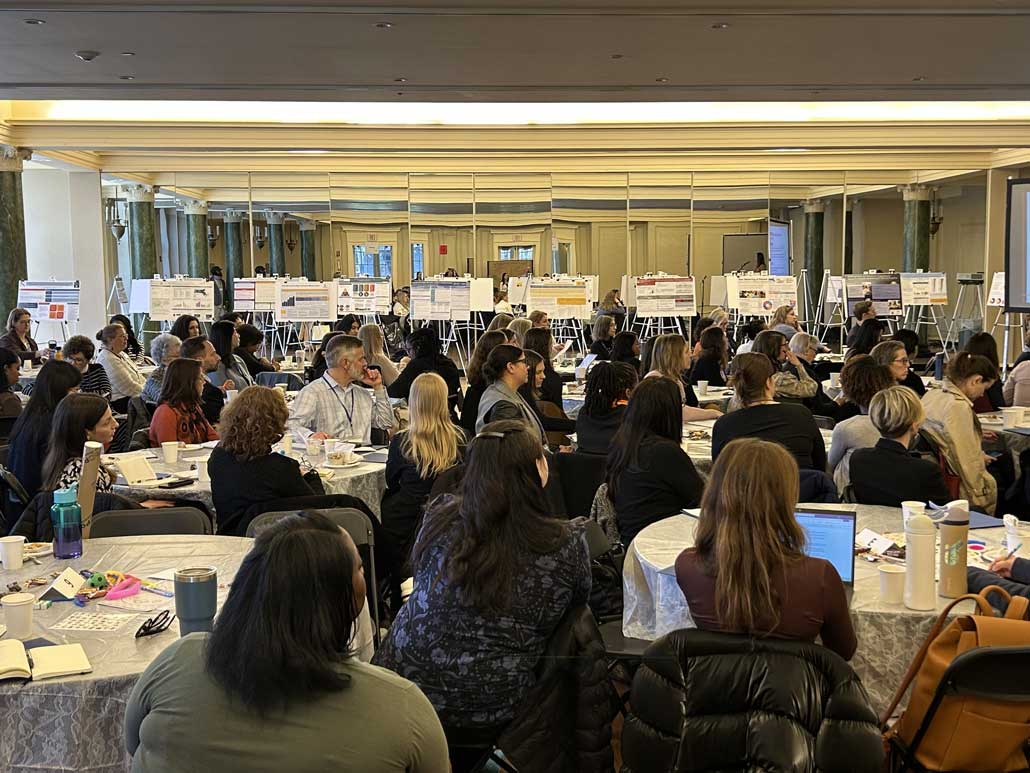
.jpg)

